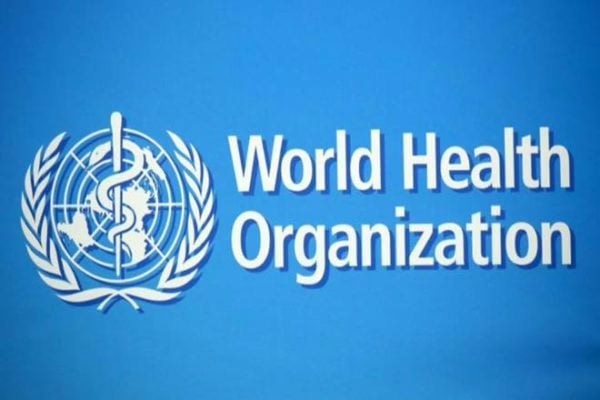On Wednesday, the World Health Organization (WHO) addressed concerns regarding the use of acetaminophen (paracetamol) during pregnancy, stating that current scientific evidence does not establish a clear link between prenatal acetaminophen consumption and the development of autism spectrum disorder (ASD).
In its official release, the WHO reported that autism affects roughly 62 million people worldwide, which translates to about one in every 127 individuals. Autism represents a spectrum of neurodevelopmental conditions marked by diverse patterns of brain development.
Despite improvements in diagnostic methods and growing public knowledge, the precise causes of autism remain largely unknown. Specialists agree that a combination of genetic and environmental factors likely plays a role in its emergence.
“Extensive research over the last decade has explored whether acetaminophen use during pregnancy contributes to autism risk. However, no consistent or conclusive evidence has been found to support this hypothesis,” the WHO emphasized.
The organization advises pregnant women to follow healthcare professionals’ guidance carefully, particularly regarding medication intake during the crucial first trimester.
Additionally, the WHO reaffirmed that vaccines do not cause autism.
“Early studies suggesting a vaccine-autism connection were fundamentally flawed and have been thoroughly discredited. Since 1999, independent expert panels advising WHO have consistently found no proof that vaccines-including those containing thiomersal or aluminum-cause autism or other developmental disorders,” the statement clarified.
The WHO highlighted the critical role of childhood immunization programs, which are carefully designed with input from global specialists and have saved an estimated 154 million lives over the past fifty years.
Delays or interruptions in vaccination schedules significantly increase the vulnerability of children and other at-risk groups to infectious diseases.
“Every vaccine recommendation made by the Strategic Advisory Group of Experts on Immunisation is grounded in rigorous evidence reviews, ensuring maximum protection against serious illnesses at the most vulnerable stages,” the WHO added.
Autism and related neurodevelopmental disorders will be key subjects at the forthcoming fourth UN High-Level Meeting on Non-Communicable Diseases (NCDs) and mental health, set for Thursday, September 25.
“There is a global imperative to deepen our understanding of autism’s origins and to strengthen support networks for individuals on the autism spectrum and their families,” the WHO stressed, pledging continued cooperation with autistic-led organizations and advocacy groups.
This clarification follows recent remarks by former US President Donald Trump, who cautioned pregnant women against using Tylenol due to an unproven autism risk and proposed changes to standard childhood vaccination schedules.
Medical authorities consistently regard acetaminophen as one of the safest pain relief options during pregnancy.
WHO spokesperson Tarik Jasarevic noted that while some observational studies have suggested a possible association between prenatal paracetamol exposure and autism, these investigations lack the methodological rigor required to confirm causation.






















